This month we will discuss about the things that might prevent us from turning our great game ideas into reality. The most important, and yet often overlooked limits are set by... money and time, what else? If you are a very rich guy / girl, please ignore this month's article - it's written for the rest of us.
Money
We have agreed that an indie game developer is a person that funds his / her own game. In fact, most of the time you won't be able to find somebody else to fund your game even if you'd like to. You see, these greedy publishers don't like to throw their money out of the window - they'd rather fund experienced game developers with many commercial titles at their belts instead. YOU have to gather some money and you have to spend it wisely; a few hundreds (or thousands) of dollars should be enough to get you started. Once again, if you are a programmer creating a Tetris clone you might not need any money for the project.
But why would you need money for your project? Well, if you can't work as a programmer and level designer and modeler and sound guy, etc at the same time you're going to need to hire somebody. And if that somebody is good, his / her services will cost you a lot of money. As an example, right now I'm looking for a few artists for a casual game and their rates range from $20 to $50 per hour. A good rule is to buy 3rd party libraries, CDs with textures, graphics, sounds, music and so on but this isn't always good if you plan to create a unique game; you'll need some money in order to make your game stand out from the crowd.
Time
I'm not sure about you, but I can't work for more than 12-14 hours a day. Actually, I know of people that can't work for more than 2-3 hours each day, but that's another story. We like it or not, a day has only 24 hours no matter where we live on Earth and if you want to remain healthy (physically and mentally) you shouldn't work for more than 8-10 hours each day. If you have a job or you go to school, you've got to put aside some time for these activities as well. And if you've got a family, you should try and spend some time with your wife and kids (if any) on a daily basis.
What is the solution? Better cut some of that TV time (watching TV makes you dumber anyway) and spend 1-2 hours each day working at your game. I'd say that if you manage to work at your game 10-30 hours each week you'll eventually manage to finish it.
The Good News
The good news is that you, as an indie, don't need to spend too much money and too much time creating your game. The big companies spend millions of dollars hiring lots of guys and girls for 2-3 years because they choose to develop a game that REQUIRES that amount of money and time in order to be developed. The big companies have different goals - they aren't indies.
Let's take an example: a publisher has invested 2 million dollars into a game that is now finished and sells for US$19.95 a copy. The stores get about 50% (sometimes more) and the publisher also takes care of the costs associated with printing the CDs, the manuals, etc. On top of that, the publisher might have to pay royalties to the developers as well. Let's say that the publisher makes 5 bucks for each copy of the game that is sold; this means that it needs to sell at least 400,000 copies in order to get its money back, without making any profit! It's no wonder that many publishers and many game developer teams were shut down - it's not easy to sell that many copies, even if you have a great game and you are getting good reviews.
Back to the good news: what if you create a game that sells for US$9.95 and manage to sell a modest 2,000 copies? You've made some profit because your costs were smaller, right? And I honestly hope that it didn't take you 2 or 3 years to develop that game... And how much profit you'll make if you have a great game and manage to sell 10,000 copies? Not to mention titles like World of Goo, which was developed by 2 former EA employees that have gone the indie route and has sold much more than 10,000 copies...
Here's some useful information: the big guys aren't interested in niche markets. They don't want to create a game that only sells 10,000 copies - they'd shoot themselves in the foot if they'd do that! If you have an idea that targets one of these niche markets you won't have to fight the big guys. Sadly, almost everyone is planning to create the next Unreal or WOW killer. Come on, guys, just because we like to play these games it doesn't mean that we have to create them!
Now don't get me wrong. You can for sure create an action game or even a MMORPG, but you might not have the two precious resources we've discussed about: money and time. Even a simple shooter game requires great AI code, top notch graphics, lots of shaders, special effects and so on. I'd say that you'd need at least 1-2 years to create a shooter and a 5 digit figure amount of U.S. dollars in order to finish it. And guess what? By the time your game is finally released, you'll have to fight the tough competition: Doom 12, Quake 22 and Unreal 34 will be released at the same time with your project. If your shooter game includes some strong, unique gameplay ideas (like shooting with meaty pizzas at hungry zombies, etc) feel free to pursue your idea but don't say that I didn't warn you.
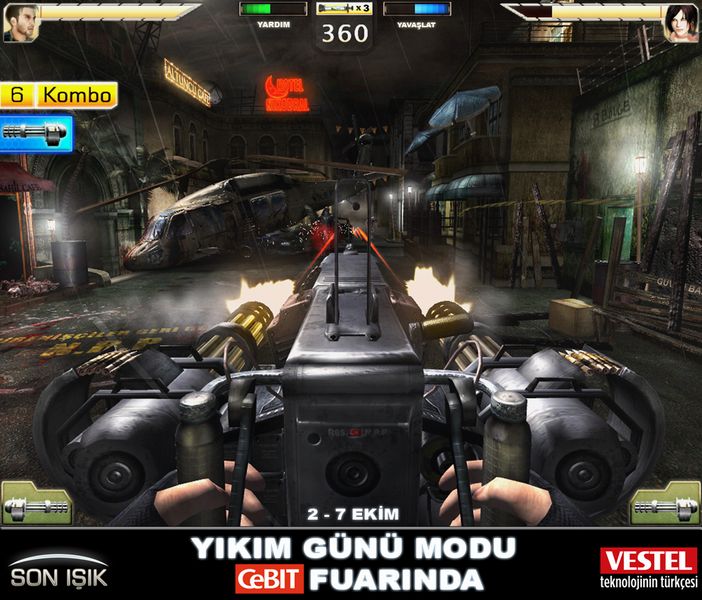
Screenshot from Kabus 22 (created with GameStudio A6)
What about Role Playing Games (RPG)? These are usually single player games and don't require that much eye candy. I'd say that they are somewhat easier to create (from a programmer's point of view) but they need a strong story and great level design, models, artwork, sound and music. The ancient RPGs were practically point-and-click games that were playing small movies in between the clicks, but these days any decent RPG game needs an inventory system, highly customizable game characters, decent AI code, and so on.
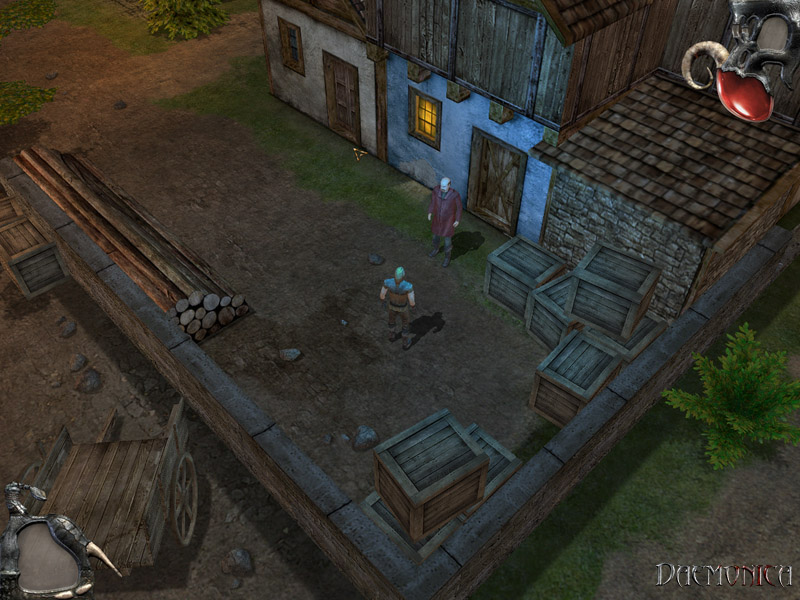
Screenshot from Daemonica (created with GameStudio A6)
Real Time Strategy games (RTS) can take any form, be it medieval, sci-fi and so on. Great low poly modeling and good level design abilities are the keys to success here. Oh, and couple these with good programming skills if you plan to create a great game.
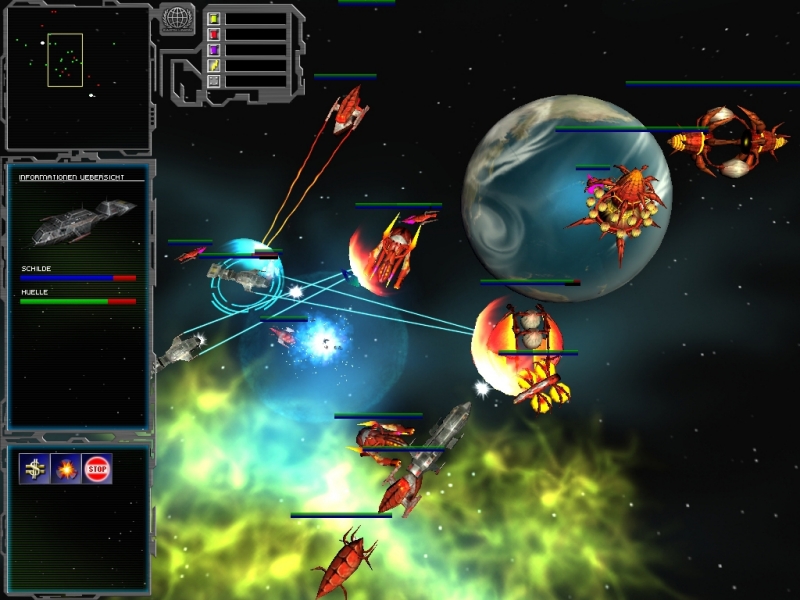
Screenshot from 2662 - The Year of the Conflict (created with GameStudio A7)
What about sports games? The effort will vary significantly depending on the sport that you plan to reproduce. I'd say that football games are difficult to create, while pool, bowling, tennis, etc are much easier to produce. The reason is simple: the AI code for a realistic football game is very, very complex.
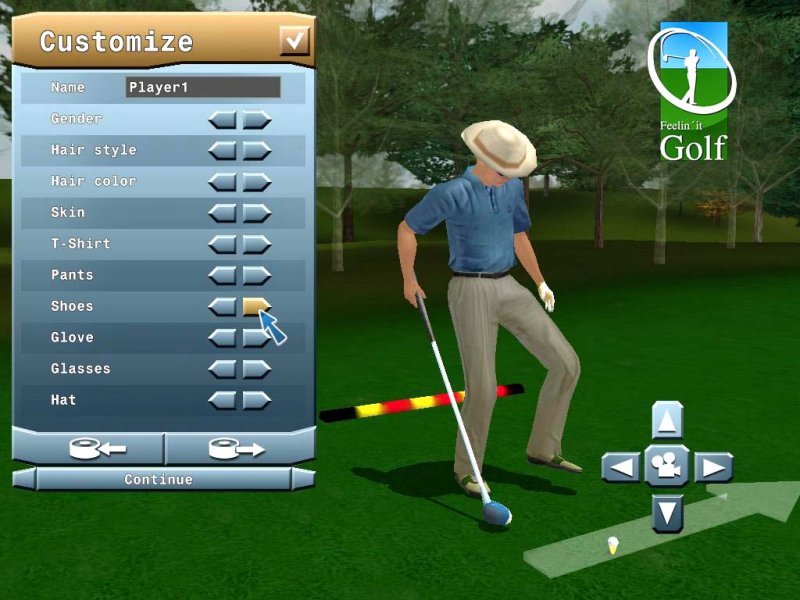
Screenshot from Feelin' it: Golf (created with GameStudio A7)
Racing games might be interesting, provided that you come up with fresh ideas, like zombies racing on meaty pizzas or something like that. Don't plan to beat the NFS series - you can't! Better try to make your game interesting and fun; you won't need a 6 digit budget in order to do that.
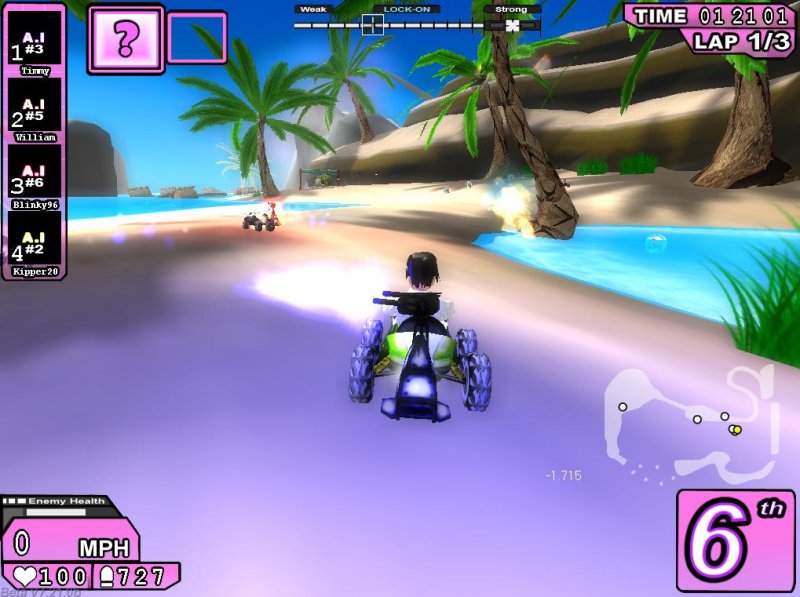
Screenshot from Silas (created with GameStudio A7)
Side / top down scrolling games are very old, but they continue to sell quite well in the indie world. GameStudio allows you to create pure 2D or 3D games but I suggest that you should use the 3D power of the engine - take a look at the picture below to see what I mean.
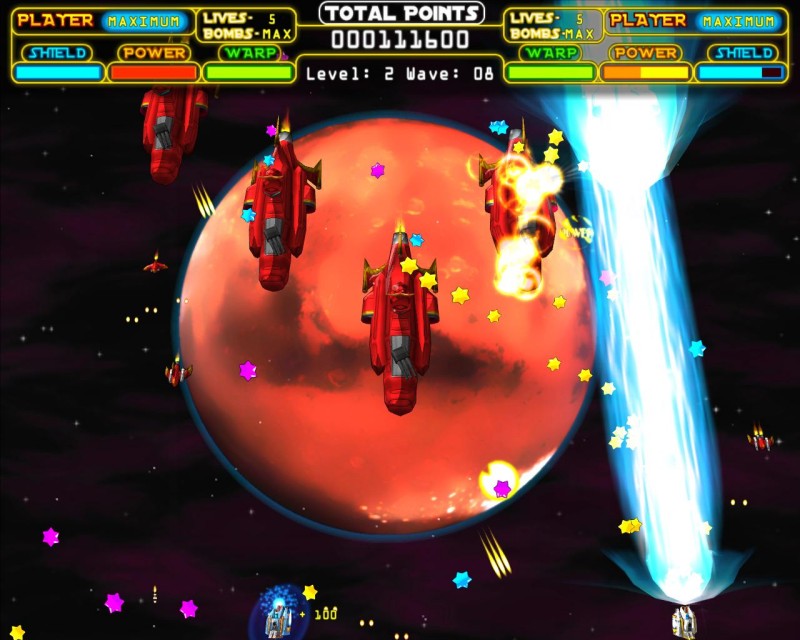
Screenshot from Kino One (created with GameStudio A7)
I can't go through all the game types (I don't even know them all!) but I'll finish the list with casual games. The indie game developers choose to create casual games most of the time; match 3 games continue to sell like hot cakes, with some of the titles making millions of dollars for their creators. A casual game is a simple game with simple rules that can be learned easily. More than that, a casual game should reward the player somehow even if he / she doesn't have the time to play it for more than 10 minutes. Good examples would be card games, puzzle games, match 3 games like "Hedgehogs from Space" from the picture below or this month's "The Quest for the Treasure of the Toltec".
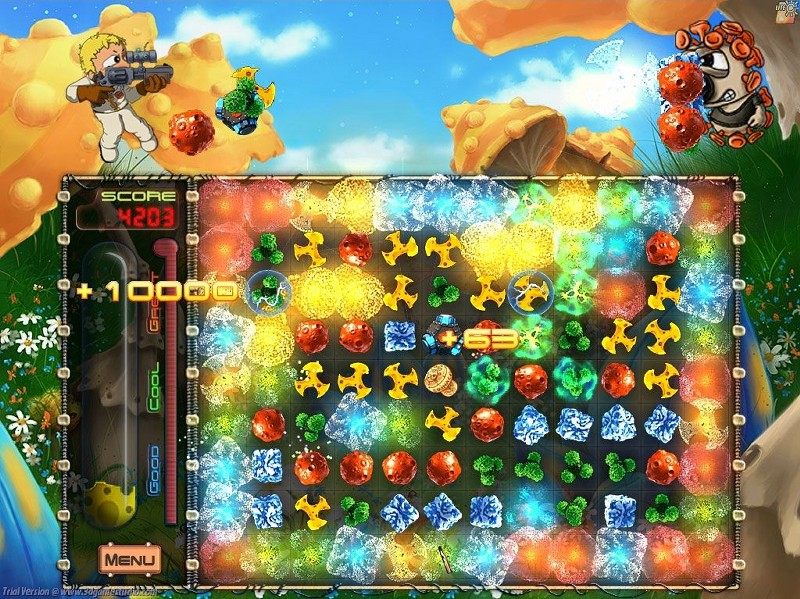
Screenshot from Hedgehogs in Space (created with GameStudio A7)
Casual games are (or should be) easy to create and shouldn't cost you an arm and a leg. I'd say that a dedicated team of 2-3 developers could release 1-2 casual games per year, even if they are only working in their spare time. Once again, I don't want to discourage you; feel free to start a MMORPG or a FPS, etc but make sure to offer something new and interesting, because you can't fight the big guys.
Don't try to clone NFS - you won't be able to make it as good as EA's guys and girls do. And even if you'd beat them, you don't have their marketing budget. You might have the best racing game in the universe, but if nobody knows about it (or nobody cares about it) you're toasted. Better focus on a game that doesn't get old as the time goes by; Zuma doesn't need 3D video cards with shader model 8.0 but it has sold many, many copies. And I'd say that you and I could use GameStudio to create a game like that in only a few months, right?
The key word here is gameplay; if your game is fun, lots of people will want to play it, will talk about it, and so on. If your friends and relatives don't like your game, you can be sure that it won't be a hit. On the other hand, if they can't take their hands off your game, you might have a winner. Feel free to mix all the genres you know, for example create a side scroller where you must build a bridge from one star to another in order to advance, collecting (match 3) energy power-ups along the way. It's always better to try out new ideas and see how well they are received by your audience (friends, relatives, the users at Conitec's forum, etc) than to simply clone a successful game. Oh, and learn to listen to the forum users' critics; they are your friends, not your enemies.
I'll see you all next month!